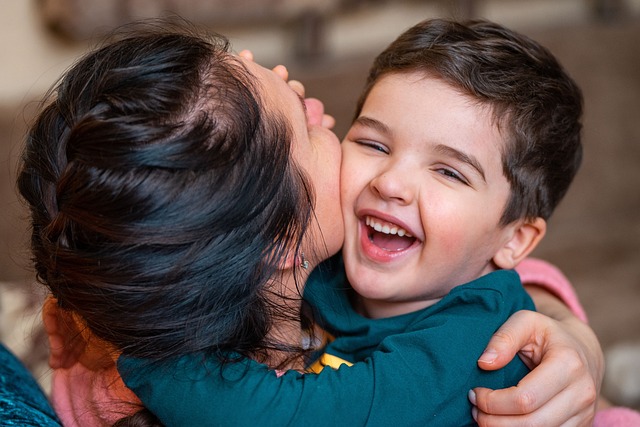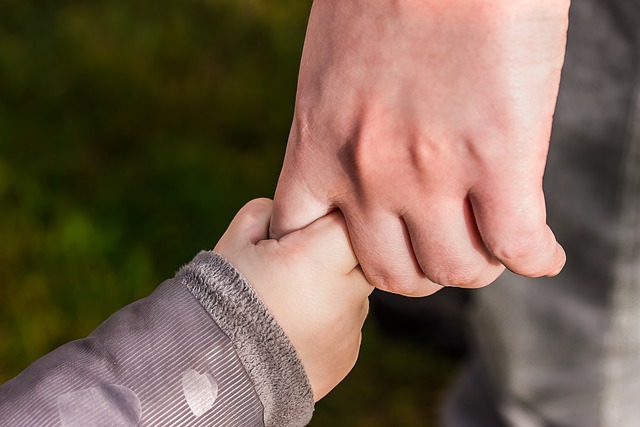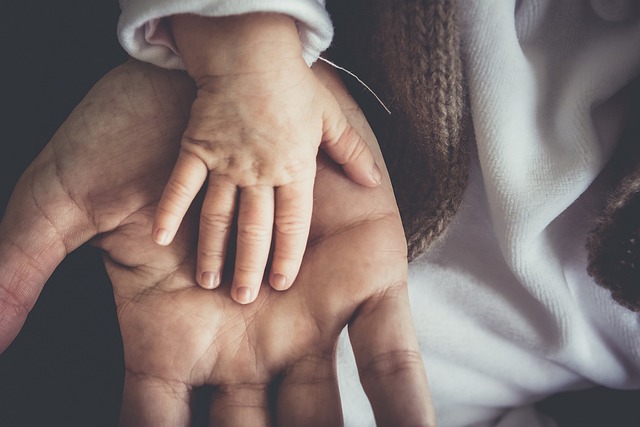Coping with the Loss of a Parent: A Guide to Healing
The loss of a parent is a profound and life-changing experience. It affects individuals emotionally, mentally, and sometimes physically. The impact of a parent’s death can feel overwhelming, especially when navigating the grieving process. Whether you’re a young adult, a middle-aged adult, or experiencing the loss later in life, understanding the journey of grief is crucial for healing.
In this article, we will explore the stages of grief, provide practical advice for coping, and discuss resources available in Orange County, California, to help you through this challenging time.

The Emotional Impact of Losing a Parent
The death of a parent is a universal experience, yet each person experiences it uniquely. Losing a parent brings:
Unconditional Love: The relationship with a parent is often the first source of unwavering love. When a parent dies, the loss of this connection can feel devastating.
A Sense of Security: A parent’s child, no matter their age, may feel a loss of safety or stability after a parent’s death.
Reflections on Mortality: For many, losing a parent brings thoughts about their own mortality, particularly during middle age.
Common Feelings After Losing a Parent
Sadness: It is natural to feel sad when a parent dies.
Guilt: Many people feel guilty about things left unsaid or unresolved.
Anger: Some experience unresolved anger, especially if the relationship with the deceased parent was complicated.
Understanding the Grieving Process
Grief is not linear, and everyone heals at their own pace. The grieving process often involves:
Denial: Struggling to accept the parent’s death.
Anger: Feeling frustrated about the loss.
Bargaining: Reflecting on what could have been done differently.
Depression: Experiencing profound sadness.
Acceptance: Learning to live with the loss.

How the Death of a Parent Changes You
When a parent dies, it can reshape your perspective on life. Changes might include:
Stronger Family Bonds: Some families come closer after losing a loved one.
New Responsibilities: You may need to care for a surviving parent or manage your parent’s child affairs.
Reflections on Relationships: Losing a parent brings awareness of the importance of time with family members and friends.
Practical Coping Strategies
Create a Support System
Seek Help: Consider speaking with a bereavement counselor or attending support groups in Orange County.
Talk to Friends: Share your feelings with trusted friends to find a safe space.
Prioritize Self-Care
Eat Balanced Meals: Proper nutrition helps maintain energy during emotionally draining times.
Sleep Regularly: Address trouble sleeping with relaxation techniques or therapy.
Stay Active: Light exercise can alleviate stress and improve mental well-being.
What Not to Do After the Death of a Parent
Avoid Isolating Yourself: Staying connected with family and friends is crucial.
Don’t Suppress Emotions: Allow yourself to experience and process your feelings.
Avoid Unhealthy Coping Mechanisms: Activities like binge drinking may provide temporary relief but delay healing.
Finding Meaning in the Loss
Many adults, particularly middle-aged adults and young adults, find themselves reflecting on their relationships after a parent dies. These reflections often highlight the unique relationship they shared with their parent and emphasize the importance of cherishing life’s moments.
Coping with the Loss When a Mother Dies
A mother’s death is a deeply personal and emotional experience that leaves a lasting impact. For many, the bond with a mother represents unconditional love and comfort. When an elderly parent dies, the loss can feel like the end of an era, especially if she played a central role in the family. The grief may be amplified if the remaining parent also depends on you for emotional or physical support.
The circumstances surrounding a parent’s passing can significantly influence how you process grief. Sudden or unexpected losses may lead to shock and confusion, while prolonged illnesses might bring feelings of relief mixed with sadness. Regardless of the situation, the impact on your mental health is profound. It is crucial to allow yourself to grieve and seek help if needed.
The loss of a dead parent, particularly a mother, can evoke a wide range of emotions, from sadness to anger. This emotional turbulence is part of processing parental death and finding ways to cope. Speaking with family, friends, or a therapist can provide support during this difficult time.
By understanding the complexities of grief and seeking the right resources, you can navigate this challenging period while honoring your parent’s legacy.
Resources in Orange County
Residents of Orange County, California, can access grief counseling and support groups to help cope with the loss of a parent. Local therapists and private practices specialize in helping individuals process the life-changing experience of a parent’s death.

Conclusion
Losing a parent is never easy, but with time and support, healing is possible. If you or someone you know is struggling, reach out to the resources available in Orange County. Grief may feel overwhelming, but finding a safe space to express your feelings can help you navigate this journey.
For more information on counseling services, visit Adolescent Mental Health. Visit SAMHSA for more information.










